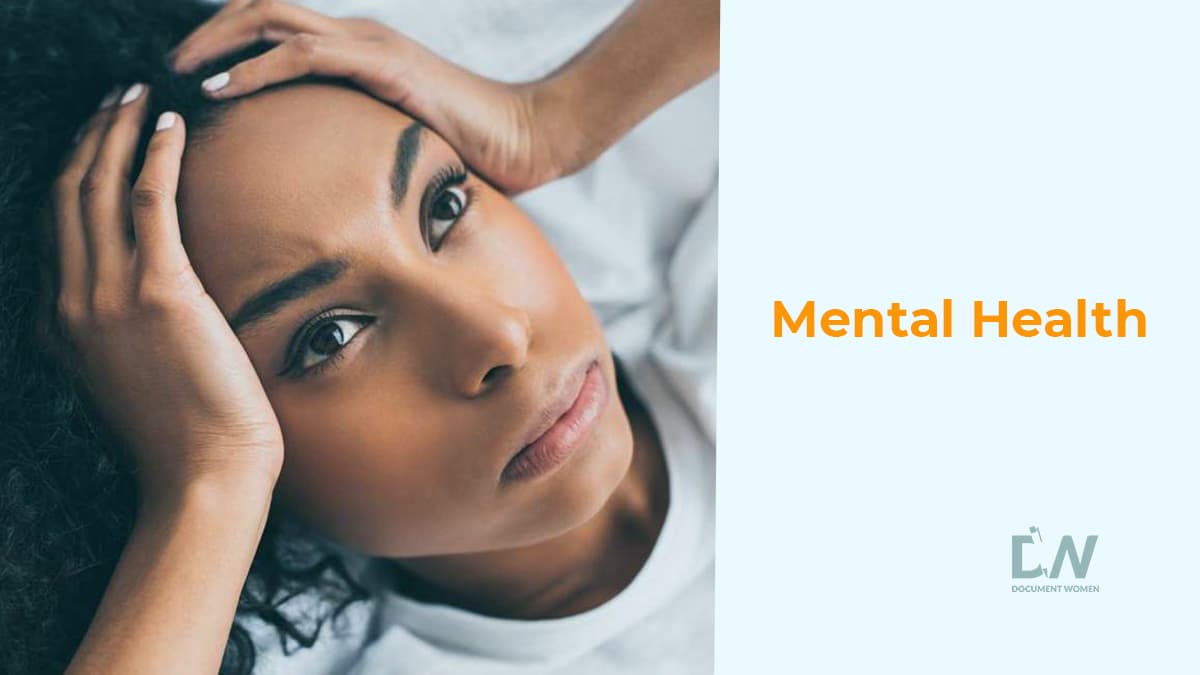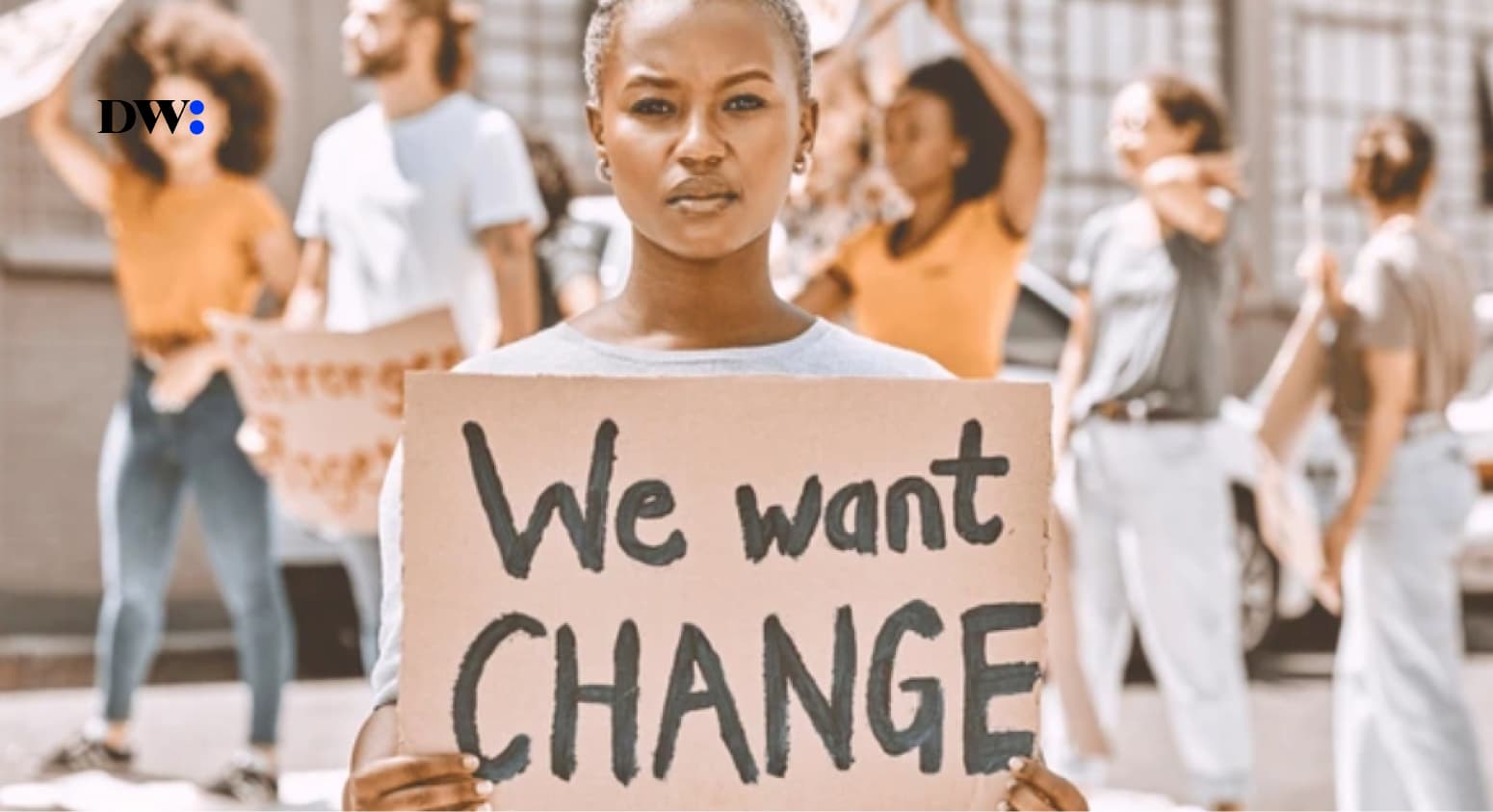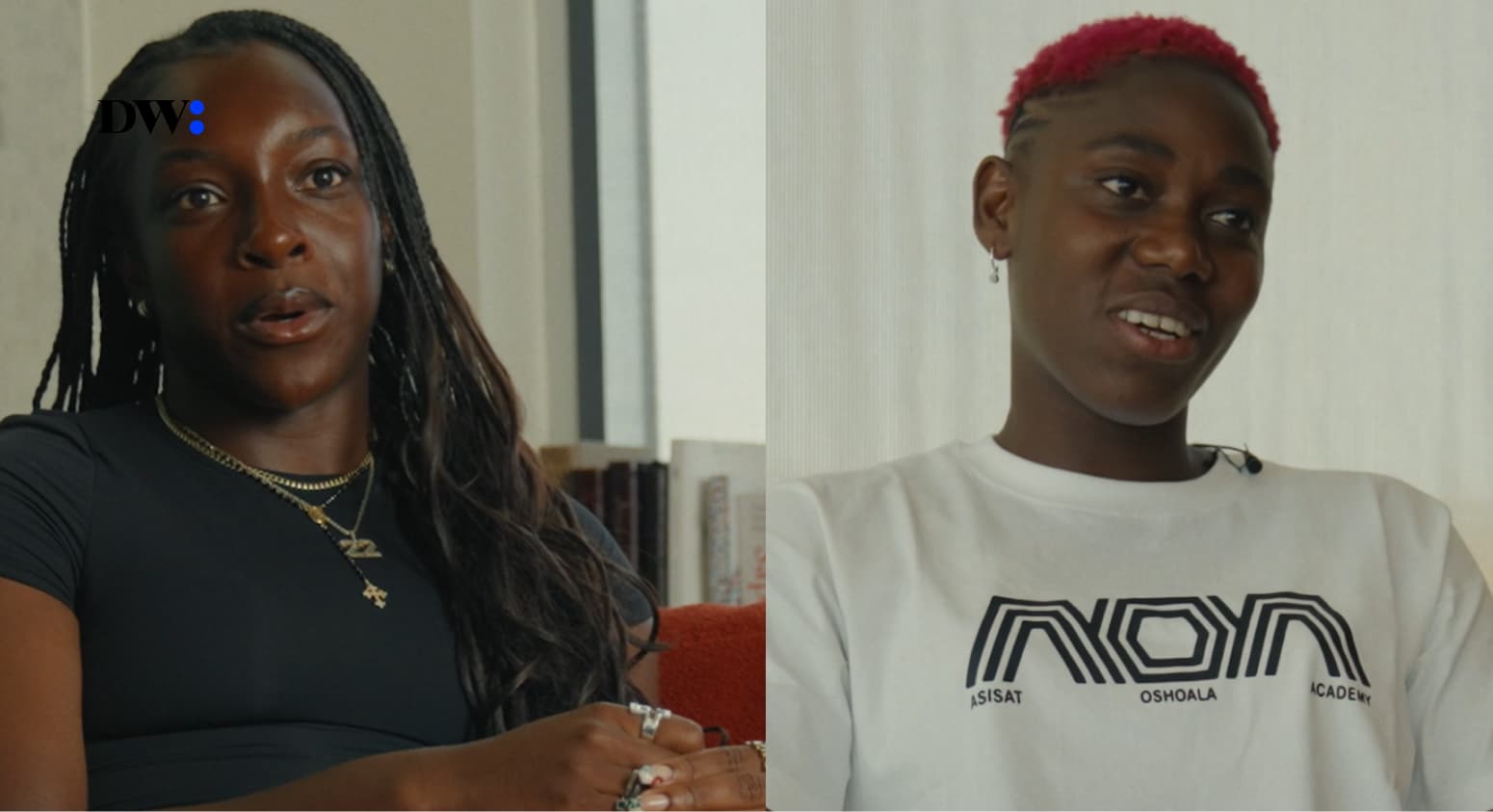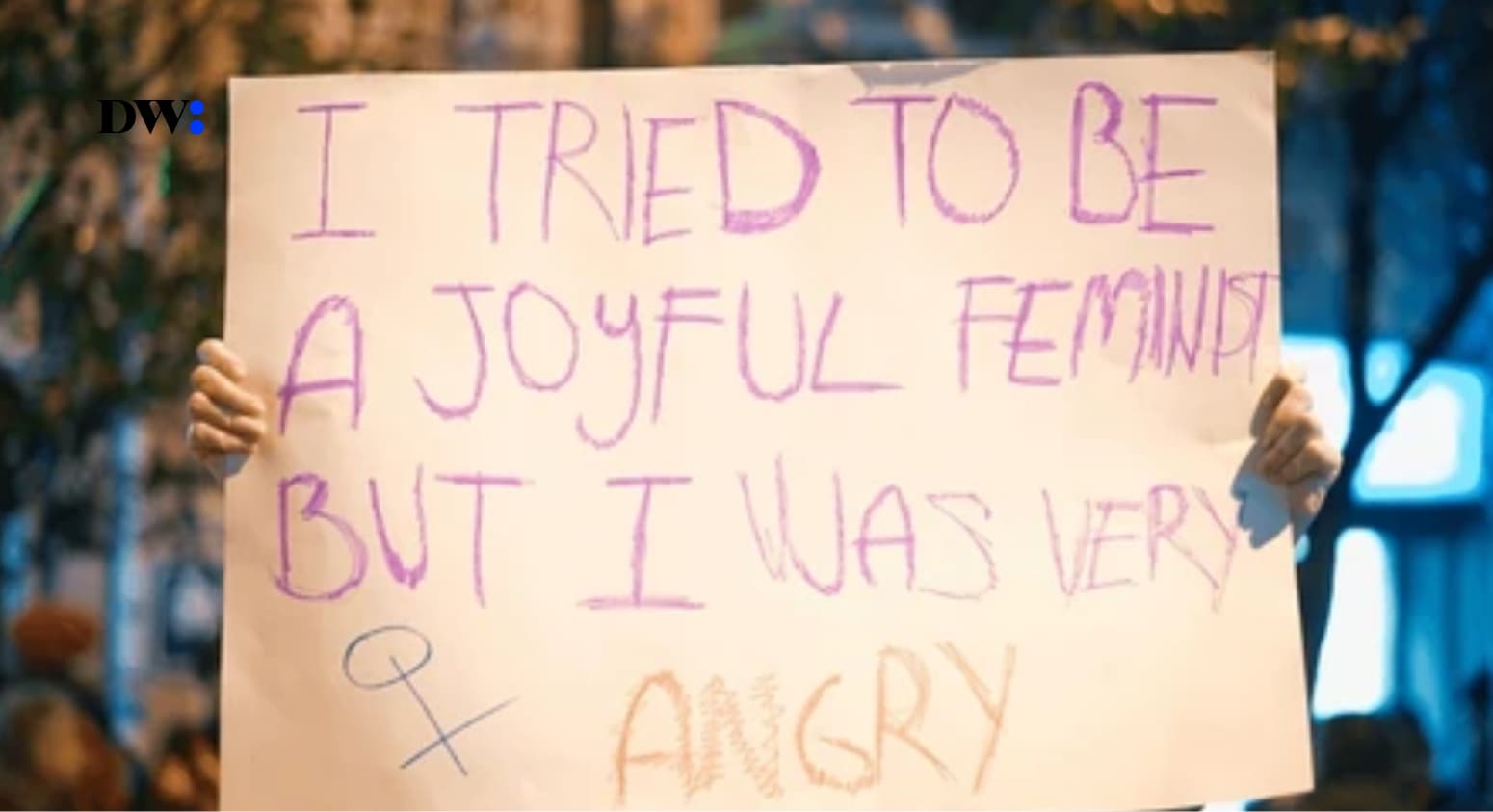I first came across Hauwa Ojeifo in November 2019, when she was invited to speak on mental healthcare in Nigeria at Aké Festival. I was impressed by her achievements and her own personal journey to becoming the Executive Director of She Writes Woman (SWW), one of the country’s leading mental health initiatives.
On knowing her further, I learnt that she is focused on taking back the narrative and giving Nigeria a mental health voice by destigmatizing mental illnesses and reshaping the way patients are treated by society. Instead of hospitalizing and ostracizing them, Ojeifo advocates for community-based care, through which patients are loved and supported instead of being chained and abused.
“We don’t need to look at mental health from this medical lens all the time,” she told Document Women, explaining that mental healthcare is much more inclusive. According to the expert, social, economic, political and religious influences, coupled with harmful cultural norms and practices contribute to the mental health of a people. Within the African context, mental health is affected by some cultural and religious practices, colonialism, economic inequalities, social class and status.
By this logic, African women are automatically at a disadvantage because their lived realities are much more intersectional than that of non-African women or African men. “You cannot divorce the state of the environment from the mental health of its people,” Ojeifo said, explaining why the number of African women living with mental illnesses is high.
In Nigeria, NGOs working to create awareness about mental health are working within a dysfunctional, unconducive system. The stigmatization of mental illnesses across the country has led to inadequate mental healthcare systems, stigmatization, and limited funding for the NGOs seeking to intervene. Because of this, there’s only so much grassroots organizations can do to intervene.
But there are many ways in which governments can intervene. They can ensure there is enough investment, support and infrastructure with regard to mental healthcare; this will go a long way in educating people. In addition, it can provide fundamental freedom by making sure the rights of people living with mental illnesses are protected; this may eventually lead to free medical care and of course, bring an end to the stigmatization. Governments can also start documenting human rights abuses; this will go a long way in seeking transactional justice.
According to Ojeifo, what Nigeria needs is for the government to fulfil and be held accountable for the international commitment made to the United Nations Convention on the Rights of Persons with Disabilities (UNCRPD).
In its commitment, the government guaranteed the rights and protection of people living with mental illnesses and psychosocial disabilities, as well as equal rights to education and reasonable accommodation in the workplace and in schools. While partly domesticated, there is a need for the complete localization of this commitment in all 36 states. It starts with a transparent blueprint and/or template for the creation of an environment that respects human rights – one that is deliberate about mental health infrastructure. This does not necessarily mean more psychiatric hospitals but building more of community-based care.
The UNCRPD defines disabilities as conditions people are yet to adapt to, as opposed to physical or mental inabilities. By understanding it this way, we are able to change the way we look at people living with disabilities and think about the ways in which we can create interventions for them. This means avoiding stigma, not subjecting patients to false treatment and detention, easing them away from suicidal thoughts and actions.
The UNCRPD provides freedom and rights to people living with mental illnesses, ensuring they are free from abuse and torture; it also provides them with reasonable accommodation at the workplace and in school, giving them a chance to live full and fulfilled lives. While Nigeria has committed to this internationally, we’re yet to see a passed bill that implements this locally.
She Writes Woman has trained more than 50 people on community-based care; and aims to do much more. Ojeifo believes that mental health isn’t about illnesses to be cured, but about providing love, hope and support to people in need. Since the inception of She Writes Woman, Ojeifo has been open about her double diagnosis with bipolar and Post-Traumatic Stress Disorder (PTSD), being at the receiving end of stigma and has since been vocal about the inaccessibility and insufficiency of mental healthcare across the globe.
From her lived experience – and her professional knowledge – Ojeifo has come to the conclusion that it is of utmost importance to include people living with mental illnesses in policymaking; it is indeed necessary for the development of any country.





